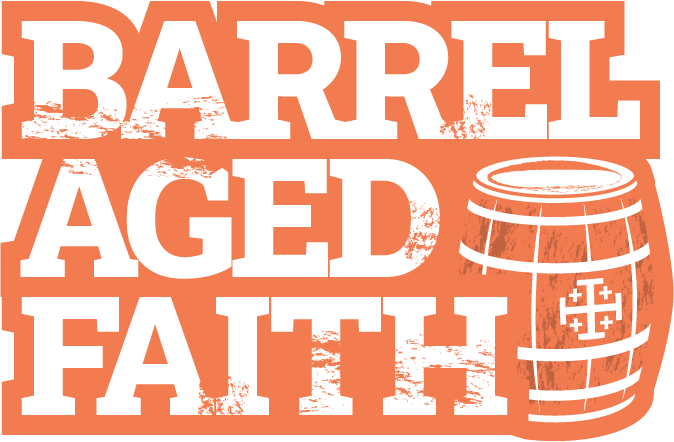The word ‘katholikos’ (translated ‘whole’ or ‘universal’) was first recorded to be used by Ignatius, the Bishop of Antioch, who was executed and martyred by the Romans for his faith around 107-112 AD. As an overseer or guardian of the Church (episkopos, often translated as bishop into english), he was entrusted with the ‘serious business’ of keeping watch over people’s lives, as Hebrews 13:17 says, “Obey your leaders and submit to them, for they keep watch over your souls as those who will give an account. Let them do this with joy and not with grief, for this would be unprofitable for you.”
Within in the Christian tradition, every person will give an account of their life and actions before God at some point in their existence, but to those ‘who know more, more will be expected.’ As James states, “Not many of you should become teachers, my fellow believers, because you know that we who teach will be judged more strictly.” If one is a pastor or teacher of the Church and has been given more insight into the mystery Who God is, they will also have to give account on how ‘they shared the faith and this insight with others.”
This is no different in the Jewish tradition when the God of Israel speaks to the prophet Ezekiel (ch 3:17-19), “Son of man, I have made you a watchman for the people of Israel…18 When I say to a wicked person, ‘You will surely die,’ and you do not warn them… I will hold you accountable for their blood. 19 But if you do warn the wicked person and they do not turn from their wickedness or from their evil ways, they will die for their sin; but you will have saved yourself.”
As Ignatius was taken to Rome from Antioch to be executed (eaten by animals in the Colosseum before an audience), he acted like a man who was about to give an account before His Creator and so wrote 7 influential letters to cities where Christianity was rapidly spreading. In these letters, his love for Christ and the churches truly come through to the reader. He was most concerned that people not abandon the faith but follow Christ at all costs, live morally faithful lives,stay close to the leaders who knew the apostles, and stay away from the false teachers that said “Christ only ‘appeared’ to be human, but never really was, just divine.” In this context, Ignatius uses the word ‘katholikos’ and writes,
“You must all follow the bishop (primary overseer) as Jesus Christ follows the Father, and the presbytery (the team of elders/pastors/priests) as you would the Apostles. Wherever the bishop appears, let the people be there; just as wherever Jesus Christ is, there is the katholikos Church” (Letter to the Church in Smyrna, 8).
This word ‘katholikos’ was developed in order to distinguish Christians who were following the leaders who came from the apostles with those people who were believing in false teaching, such as believing Jesus did not become a human being or take on a physical body. This word was developed by early church leaders in order to guard against the ‘hijacking’ of the Faith. These leaders of the Church could all say at once at the end of the 1st century, “we are the authentic and true universal church that came from Christ, because we knew the Apostles personally and are guarding and spreading what they handed down to us. Those who say Christ was not a man, surely did not know Peter, Paul, or John, because they ate fish with him on the seashore.”
